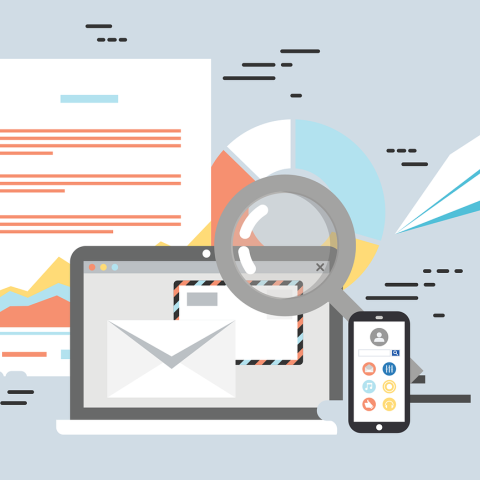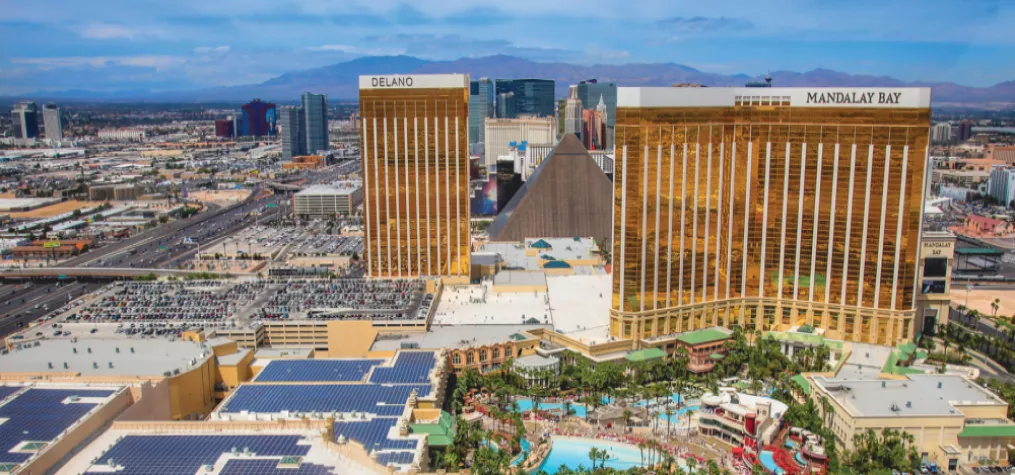Is Event Marketing Automation Right For You? Here’s How to Tell

Can life be easier for corporate event planners? The answer is yes, if they employ the right automation technologies to help them with planning and delivery of their events.
In its eighth annual report, “2020 Future Trends in Meeting and Events,” CWT Meetings & Events survey data shows that event technologies are eliminating inconveniences from many meetings and events processes. According to the report, automation technologies can speed up registration, create a high level of personalization and measure attendee engagement.
Cindy Lo, president and event strategist of Austin, Texas-based Red Velvet Events, a global DMC partner, says her team uses a variety of software as a service (SaaS) tools for both internal operations and day-to-day event planning, such as online registration.
Lo takes a three-step approach to determining the right tools and how to use them. First, identify the problem you’re trying to solve. Next, define the steps and processes for your team when using that SaaS tool, to ensure efficiency and continuity. Finally, re-evaluate your process and tools often.
How Automation Technologies Support Varied Event Marketing Functions
Eileen Page, vice president of digital/technology innovation at New York City-based InVision Communications, says marketing automation platforms provide scalable, customizable communication distribution opportunities for event planners. She describes them as treasure troves of data which, when analyzed properly, allow for very targeted attendee messages that cut through the noise.
“The right automation approach should result in increased effectiveness in event professionals’ communications over time, as recipient data is continually analyzed and everything from email length to send times to subject lines are tested and tweaked based on what’s resonating,” says Page.
Lo agrees that marketing automation can help event professionals reach a larger targeted demographic faster and also reach more people than traditional email; however, she cautions that without good data and careful tagging, it’s easy to make a mistake and show the impersonal side of the approach. For example, accidentally not tagging someone as a past attendee and sending email messages geared toward new prospects, or sending someone a personalized email with the wrong name.
Marketing automation platforms track user behavior and push communications out accordingly. For example, a prospective attendee who learned about an event on Twitter and visited your event website to learn more would trigger different follow-ups than a repeat attendee who has downloaded several white papers from your company’s site.
The data collected within a marketing automation platform can build a holistic technology identity for each individual attendee (or prospective attendee). This gives event professionals the ability to deliver the right content or experience to each person at the right time for them.
Many different teams involved in organizing and promoting an event can benefit from the insights gleaned from the data. Event marketers can use marketing automation to build demand and convert prospects to attendees; event content designers can use the data gathered to influence content; and event planners can use it to provide the personalized experiences that attendees demand.
“When attendees feel that they are being authentically listened to, they are more likely to listen in return — which means that the message a business is sending has a much higher chance of being heard and adopted,” Page says. The key to using marketing automation successfully is creating an overarching message, then segmenting from there.
Choosing the Right Marketing Automation Platform
When choosing an marketing automation platform for the first time, Page suggests event planners look for one that seamlessly integrates with the other digital platforms they use in the planning process. “It should have easy-to-use workflow planning tools and offer robust data gathering capabilities, including a user-friendly dashboard to visualize statistics,” she adds.
It’s important to get references and ask the platform provider about its support protocol. “The last thing you want is to be on an island trying to fix their bugs [while facing] an aggressive event deadline,” says Lo.
For corporate event planners who want to simplify the planning process and deliver personalized attendee experiences, automation could be the key. A marketing automation tool can help planners not only collect better data, but also use that data in meaningful ways. This ultimately makes planners’ lives easier and can deliver an improved experience to their event attendees 365 days a year.
Don't miss any event-related news: sign up for our weekly e-Newsletter HERE and engage with us on Twitter, Facebook and LinkedIn!


Add new comment